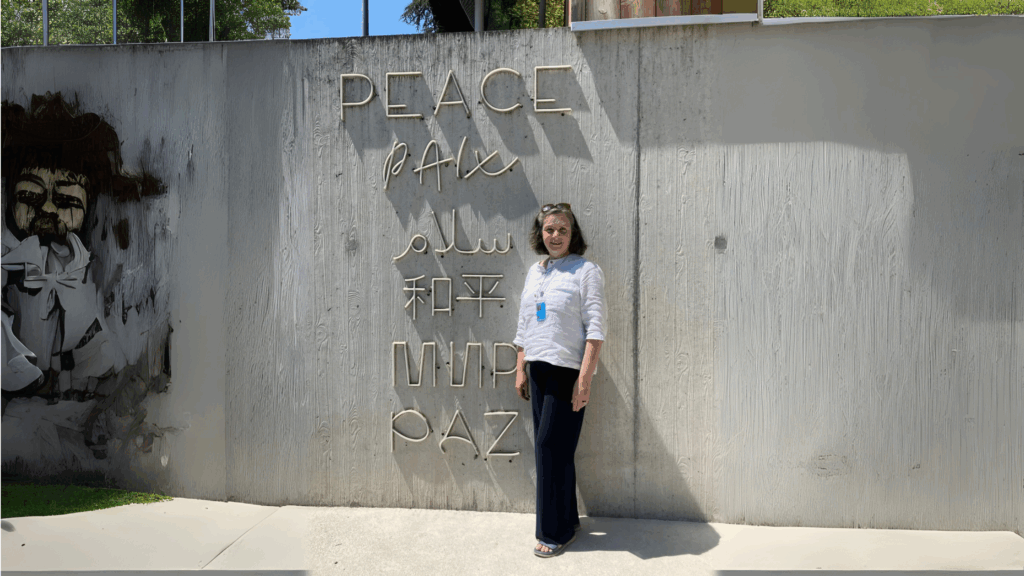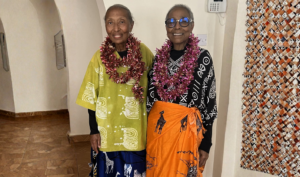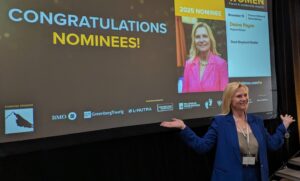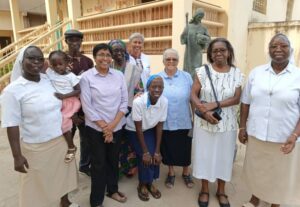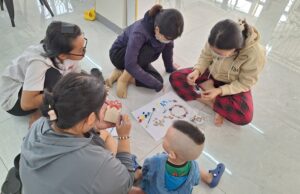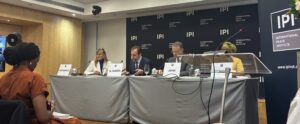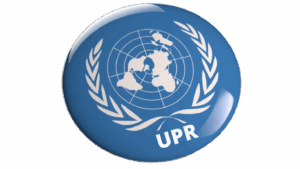Par Margaret Lynch, GSIJP
Le débat mondial sur la question question « Qu'est-ce qu'une femme ? » is intensifying, with profound consequences for legal rights, public policy, access to services, safety, and gender equality. As governments, courts, and international organizations revisit foundational definitions, a core issue arises: should “woman” be defined by biological sex or by gender identity? It is an important question for us, whose mission is focused primarily towards women, to consider and discuss.
The UN Special Representative’s Perspective
Reem Alsalem, the UN Special Rapporteur on Violence Against Women and Girls, has become a key figure in this debate. In her 2025 report titled Sex-Based Violence Against Women and Girls: New Frontiers and Emerging Issues, recently presented to the Human Rights Council Session in Geneva, Alsalem argues that definitions of “women” and “girls” should be legally and socially reserved for biological females. She warns that moving away from sex-based definitions could erode data accuracy, compromise services, and weaken efforts to combat violence against women. Her position appears to already be influencing some national legislation*
Human rights scholars and LGBTQ+ advocates were loud in their criticism of the Special Rapporteur’s report, arguing that a biology-only approach is exclusionary and harmful. They emphasize that gender identity reflects lived reality, and failing to recognize it can reinforce discrimination and psychological harm. They called for laws and policies that respect and validate trans identities, while still upholding protections for all vulnerable groups.
International Human Rights Law
Treaties like the Convention on the Elimination of All Forms of Discrimination Against Women (CEDAW) et International Covenant on Civil and Political Rights (ICCPR) recognize both sex et gender identity as grounds for protection. This creates a dual mandate: to protect sex-based rights while ensuring trans-inclusive legal frameworks.
Some jurisdictions are trying hybrid solutions—preserving sex-based distinctions in specific cases (like sports or intimate services), while also legally recognizing gender identity in broader equality protections.
Others propose “open” categories in sports and services, or explicit exemptions to balance competing rights. These evolving models suggest that coexistence is possible—but not without complexity.
A Ministry Perspective
The question “What is a woman?” is more than semantic—it touches on core rights, personal identity, and values. Around the world, Good Shepherd ministries have been dealing with this complex issue, some for many years, while others have only recently begun to do so. In some countries, the legal and cultural background makes it difficult to navigate. Though some projects may have a clear Transgender Policy, most may be operating on a case-by-case basis. Perhaps this is a moment where we can learn from one another’s experiences?
Un appel à l'action
GSIJP invite all sisters and partners in mission to reflect on the following questions:
What does true respect from a Good Shepherd perspective look like for all who identify or are classified as “women”?
- What policies do you have in place to help you navigate this issue in your ministries?
- Do you have concrete examples of best practice that you can share to help others who are struggling with this reality?
- Does this issue impact you in any way in your own life?
If you are willing to share your thoughts and responses with us, please email these to margaret.l@gsijp.org
If you wish to engage in this conversation, please indicate if you would be willing to allow us to share your responses anonymously within the Our Lady of Charity of the Good Shepherd Network or if you would rather keep the correspondence private.
This conversation demands nuance, legal clarity, and—above all—recognition of the God given dignity of all people. I welcome your thoughts and experiences, especially from the diverse cultural and legal frameworks in which you exercise your ministries.
*On April 16, 2025, the UK Supreme Court delivered a landmark ruling: under the Equality Act 2010, the words “woman” and “sex” refer to biological sex, not legal gender identity. The case involved a dispute over female board representation, where the interpretation of “woman” was central. While the UK government welcomed the legal clarity, the ruling drew sharp criticism from LGBTQ+ and trans advocacy groups, who warned it could open the door to wider exclusion of transgender individuals in workplaces, services, and public life.
